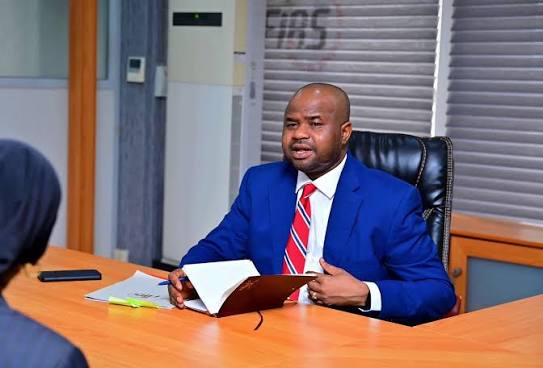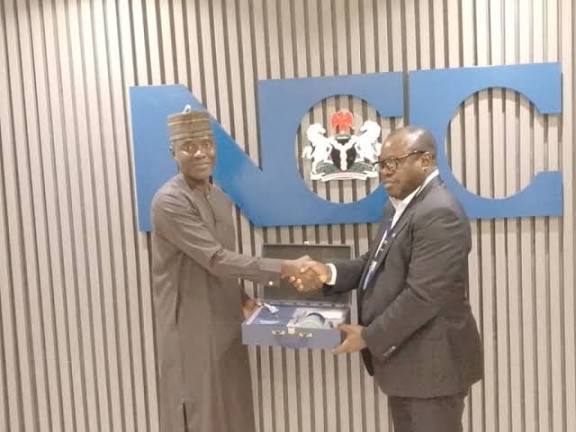Chairman of the Federal Inland Revenue Service (FIRS), Zacc Adedeji, has identified cooperation and collaboration among key stakeholders, including taxpayers and subnational governments, as crucial to the hitch-free implementation of the new tax laws.
Adedeji noted that FIRS, which is transitioning to the Nigeria Revenue Service (NRS), cannot in isolation bring about the success envisaged with the new laws, calling on the private sector, institutions and agencies across all levels to join hands to achieve the desired outcome.
This was just as the chairman of the Presidential Fiscal Policy and Tax Reforms Committee, Mr. Taiwo Oyedele, said the country was no longer where it was before the advent of President Bola Tinubu-led administration in terms of gloomy economic outlook.
A statement by Dare Adekanmbi, Special Adviser on Media to the FIRS chairman said the duo spoke in Abuja on Monday at a special engagement session organised for directors in the tax agency by the Committee and held at Abuja Continental Hotel.
The FIRS chairman expressed the readiness to position the tax agency as a partner in development working with all critical stakeholders to achieve the desired outcomes for the country by ensuring that the laws and tax policies are implemented fairly, consistently and transparently.
“Our collective posture should be one of readiness to listen, adapt and deliver…A key pillar of the reforms is capacity building. The demands of modern tax administration, from digitalisation, to data-driven compliance, cross-border taxation, and specialised industries, require new skills and approaches.
“As directors, you will lead the charge in equipping our officers with the knowledge, tools, and confidence to implement the law effectively, while providing support to taxpayers,” he said.
He promised to ensure the agency invests “in training, technology, and systems that enhance efficiency, reduce compliance costs, and strengthen trust in the system.”
Oyedele, in his opening remarks, reiterated that the country was no longer where it used to be according to the latest economic indices, stressing that the gains of the reforms were already yielding positive macro results.
Going to the specifics, he said the country’s balance of trade remains surplus from the deficit that it was before May 2023, just as he said the country is no longer printing money to meet its needs.
He added that the Tinubu-led administration had cleared unmet forex backlog, improved external reserves to $23billion in just two years, with the economic outlook set to be more robust going forward.
He, however, emphasized that while the macro-economic results are positive, greater efforts must be made to ensure they translate to reduction in poverty rate and lead to job creation.













